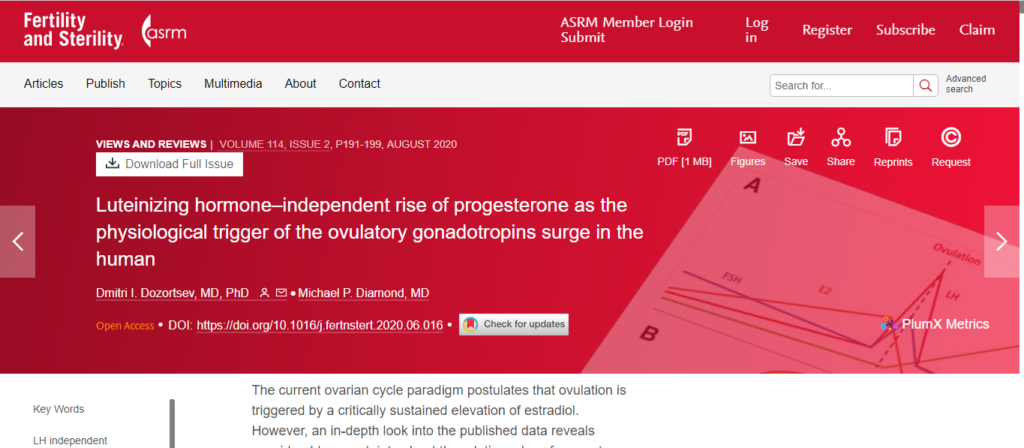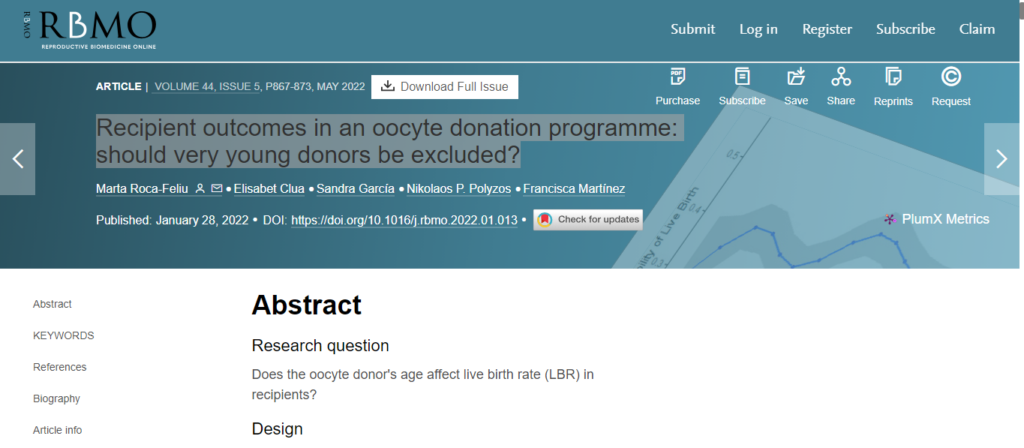Sleep is important for every part of your health, including your fertility. Without it, women can have trouble ovulating and men may lack healthy sperm.
You probably already know that lifestyle factors like diet and stress can impact your fertility, but did you know that sleep can also play a role? Given how important sleep is to your overall health, it’s unsurprising that a lack of sleep can have a negative impact on your fertility. According to the Centers for Disease Control and Prevention, more than a third of Americans don’t get enough sleep. For the 6.1 million American women who struggle with fertility, and for the many men who do as well, getting a good night’s sleep may help improve their chances of successful conception.
Lack of Sleep and Fertility
For both men and women, the same area of the brain that regulates hormones related to sleep — such as melatonin and cortisol — also triggers daily releases of reproductive hormones. While we don’t yet know all the specifics of how exactly sleep and reproductive systems interact, or the degree of their interaction, we do know that a lack of sleep can definitely harm fertility. One study even found that women suffering from insomnia are four times more likely to experience fertility struggles than their better-rested counterparts.
For women, long-term sleep loss can have direct effects on a variety of hormones related to reproduction, including progesterone, estrogen, prolactin, luteinizing hormone (LH), and follicle-stimulating hormone (FSH). These hormones are responsible for ovulation and when their levels are low, you may experience menstrual irregularity and difficulties with ovulation. These problems can make it more difficult to conceive. In order to make sure that their hormone levels are high, women need to make sure that they are getting regular, sufficient sleep.
When it comes to men, their testosterone production is tied to their sleep patterns. Not only can insufficient sleep get in the way of healthy sperm production in men, excessive sleep can also cause fertility issues. For men, testosterone is produced every day, usually while they are asleep. Several studies have found that optimal testosterone levels are affected by total sleep time. They have shown that men who sleep less than 6 hours and more than 9 hours are 42% less likely to conceive than men who sleep 8 hours.
Tips for a Good Night’s Sleep
Luckily, if you are having trouble with your sleep habits, there are a number of steps you can take to get on a better sleep schedule and improve your fertility.
- Start exercising. Increasing your aerobic and weight-training exercise can have a positive influence on sleep, just make sure you do it at least 5 to 6 hours before going to bed.
- Get outside. Your circadian rhythms are strongly influenced by both natural and artificial light. Exposing yourself to sunlight, especially at midday, can have a positive impact on circadian rhythm dysfunction.
- Reduce your exposure to artificial light, especially blue light, before bed. This light can be associated with insomnia and circadian rhythm problems, which is why it is best to reduce screen time before bed in particular, but also to reduce blue light exposure throughout the day as well.
- Develop a sleep routine and stick to it. This includes creating a standard pre-bedtime ritual and having consistent sleep and wake times.
- Keep a space cushion between stimulants, like caffeine and alcohol, and sleep. Try to give yourself at least five hours between use and sleep.
Don’t let something like a love of late-night TV get in the way of your having the pregnancy you dream of. If you are looking for help understanding how your sleep patterns might be impacting your fertility, or if you are simply looking to learn more about factors that might impact fertility, don’t hesitate to contact us at AFCT. Our fertility specialists can help you understand what changes might help you get on the right track to kickstart your fertility journey.


